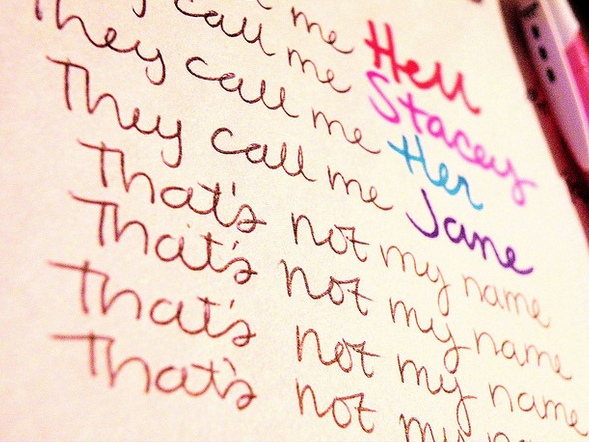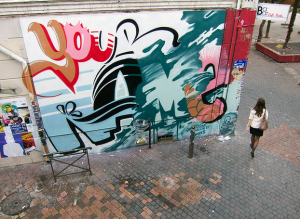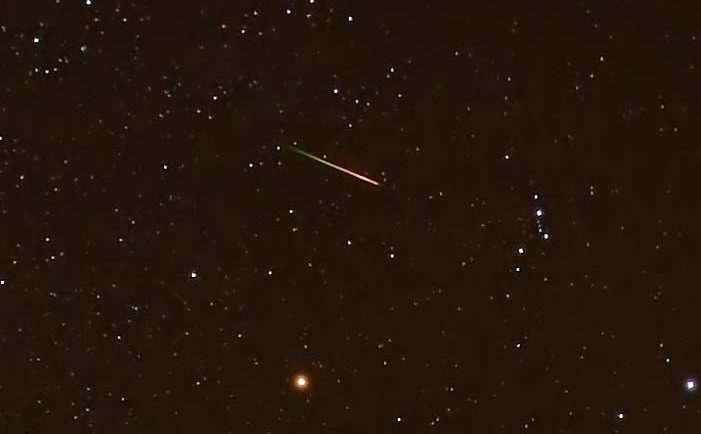Adventure in Uganda
On my second day in Uganda, we went white water rafting on the Nile, near a town called Jinja. The rapids are just  down river from Lake Victoria, which is where the Nile starts.
down river from Lake Victoria, which is where the Nile starts.
The rapids are caused by the force of the water as it crashes over rocks and around islands in the river. There used to be more rapids there, and the famous Bujugali Falls. However, a couple of years ago a dam was built across the river, which has made part of it more like a lake and has increased the water levels, wiping out lots of the rapids, including Bujugali. However, below the dam, the rapids are still just as scary! The rapids are a favourite for rafters and kayakers all over the world.
The rapids are caused by the force of the water as it crashes over rocks and around islands in the river. There used to be more rapids there, and the famous Bujugali Falls. However, a couple of years ago a dam was built across the river, which has made part of it more like a lake and has increased the water levels, wiping out lots of the rapids, including Bujugali. However, below the dam, the rapids are still just as scary! The rapids are a favourite for rafters and kayakers all over the world.
What’s in a name….?
Do you ever wonder why people can’t pronounce your name correctly? Or struggle to say a friend’s name right sometimes? Here Avani tells us about her experiences, and how we can make the effort to pronounce things as best we can!
Do people always get your name wrong?
My name is Avani and let me start by saying: I get it.
Sometimes I spend ages teaching someone how to say my name properly (Uvni would probably be the best way to write how it’s pronounced) and other times I really can’t be bothered. I wish I had an easier name, or that people would just work harder to get it right!
Why do we find some names really difficult to pronounce and others really easy?
Here in England, people have names which come from all over the world. These names might be from places where a different language is spoken, and the different languages may also use different letters or characters to those we use for English.
My family, for example, come from a part of India called Gujarat. The Gujarati language uses a syllabary (a set of sounds) rather than an alphabet, but the syllables don’t always match up with English letter. The ‘v’ in ‘Avani’ (વ in Gujarati script) should actually be pronounced somewhere in between the English ‘v’ and ‘w’ sounds, but there isn’t an English letter that sounds exactly the same and this makes my name harder for people to remember! Also the ‘a’ and ‘u’ sounds in Gujarati are written using variations of the same symbol (અ (u) and આ (a)), which is why my name is spelt with an ‘A’, but pronounced using a ‘U’. Here’s what ‘Avani’ looks like written in Gujarati: અવનો – cool, right?
Languages which do use the same letters as those in English, may not pronounce all of them in the same way. This means that names that look similar on paper may be pronounced differently depending on where in the world someone lives. In Spanish, for example, the ‘j’ and ‘x’ letters are more like (but not identical to!) the English ‘h’, and in German, the letter ‘j’ sounds more like the English ‘y’ – can you imagine all the different ways people around the world must pronounce ‘Jesus’? You can listen to a few here!
It’s not only names from other countries that are hard to pronounce though! Have you ever thought about which common English names might be tricky for someone learning the language to get their head around? What about the name ‘Thomas’? We say it with a hard ‘T’ (like the one in ‘tree’, rather than the one in ‘three’) even though it is spelt with a ‘Th’, and we say the name ‘Charlotte’ with a ‘Sh’ sound (like in shop) even though it is spelt with a ‘Ch’ (like in chop). It must be hard to keep up with which names follow the usual pronunciation rules (like Theo or Charles) and which ones don’t!
What can I do if I think I’m pronouncing someone’s name wrong?
It is always worth checking with someone if you think you’re saying their name wrong – even if you’ve known them for ages and are embarrassed about asking, chances are they’ll be really glad to have an opportunity to correct you! However, it’s also important to remember that even if you know that the way someone says their name is different to the traditional way of saying it, you should always say their name like they have asked you to. Many people living in England, for example, prefer to go by a nickname or a more ‘Anglicised’ (English-sounding) version of their name to make things a little easier – so if you know a ‘Jesminder’ who prefers ‘Jess’, or a ‘Paulo’ who prefers ‘Paul’, you should respect their decision!
If you’ve just met someone new and have forgotten how to pronounce their name (or even if you’ve met them a few
times) – don’t despair, they probably won’t mind if you ask them again! If you are too embarrassed, though, there is a huge variety of pronunciation websites out there which will be able to help you. Click here for a good one!
Do you have a hard-to-pronounce name? Or have you ever been in an embarrassing situation over getting someone’s name wrong? Do you live in another country – which English names do you really struggle with? I’d love to hear your stories!
As well as trying to get people to say her name right, Avani Shah is currently working on a book for 8-12 year olds. She also blogs about her childhood and teenage experiences (Away with the Mice) and writes about words, etymology, and spelling for a website called Spellzone.
Title Photograph: Daisy 2008
Nom & Malc 2008
RiPO 2012
What is the Orionid Meteor Shower?
This October Earth will be passing through the tail of Halley’s comet, which will mean a shower of meteors flashing across the night sky. Our science editor Sam Gouldson explains.
What is Halley’s Comet?
A comet is a lump of rocky particles, ice and dust all bound together like a dirty snowball. When the comet nears a star, its surface transforms from a solid to a gas. The star’s light shines through these gases and makes them visible to observers as a fuzzy cloud around the comet’s centre, and a tail streaming out behind.
How to Clean Water
With poor living conditions and water shortages increasing every year across the world, the question of how to clean water efficiently is becoming ever more important.
Does Everyone Have Clean Water?

When you have clean, safe water available at the turn of a tap it’s very easy to take it for granted. But almost 750 million people don’t have access to clean water; that’s one person from every ten in the world’s population. There are many reasons for this, from poverty to poor management by governments.
But almost 750 million people don’t have access to clean water; that’s one person from every ten in the world’s population. There are many reasons for this, from poverty to poor management by governments.
There are many reasons for this, from poverty to poor management by governments.






